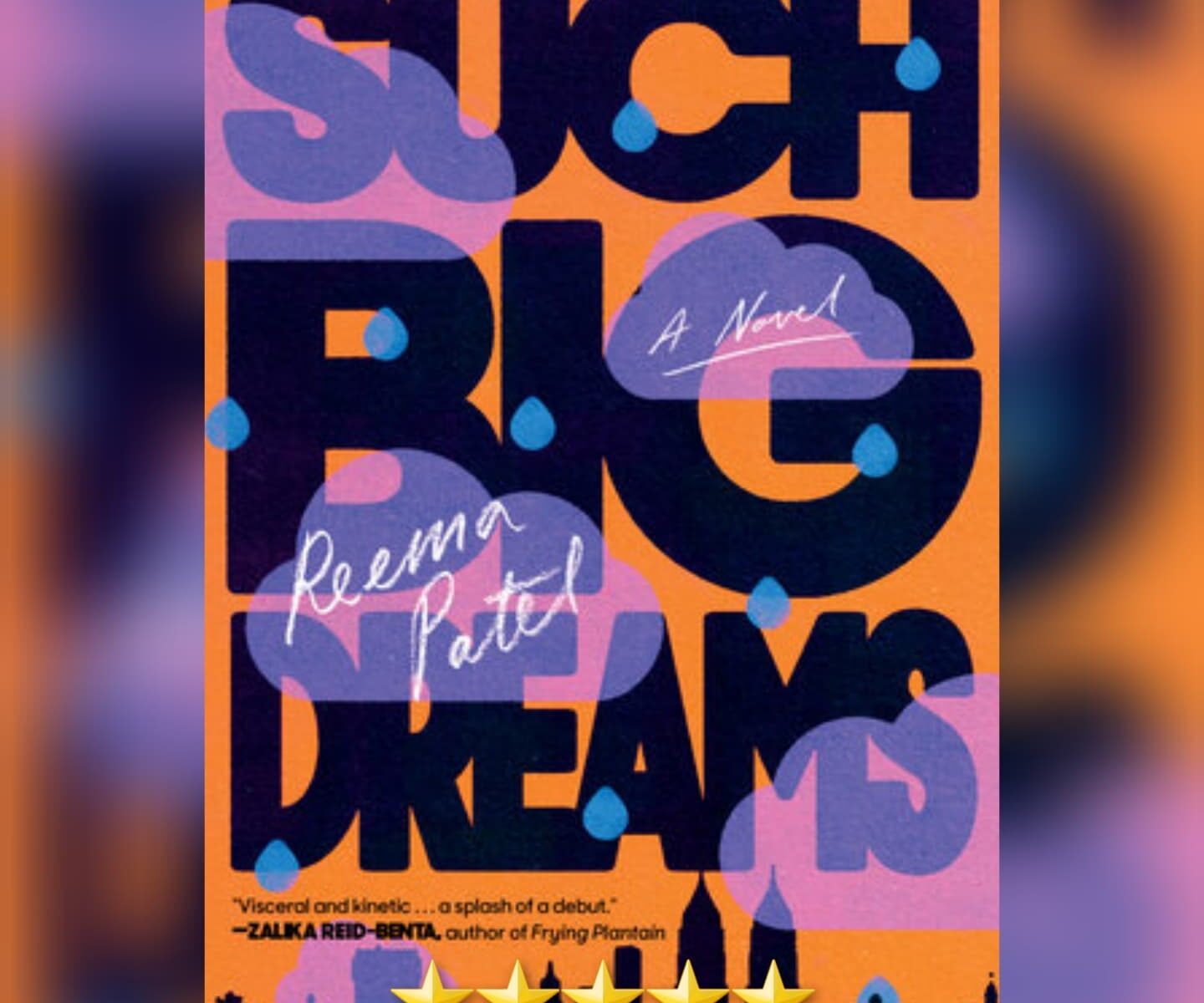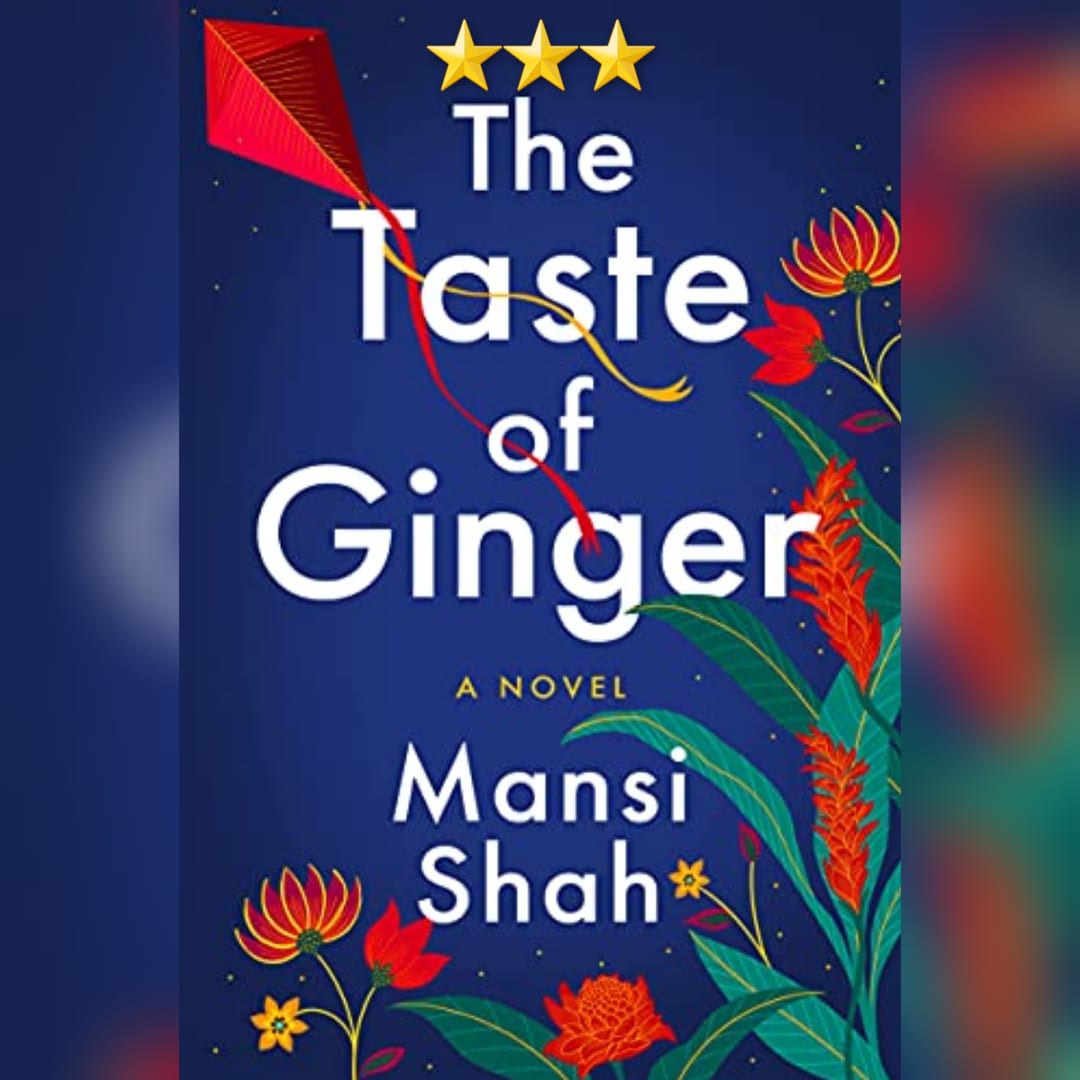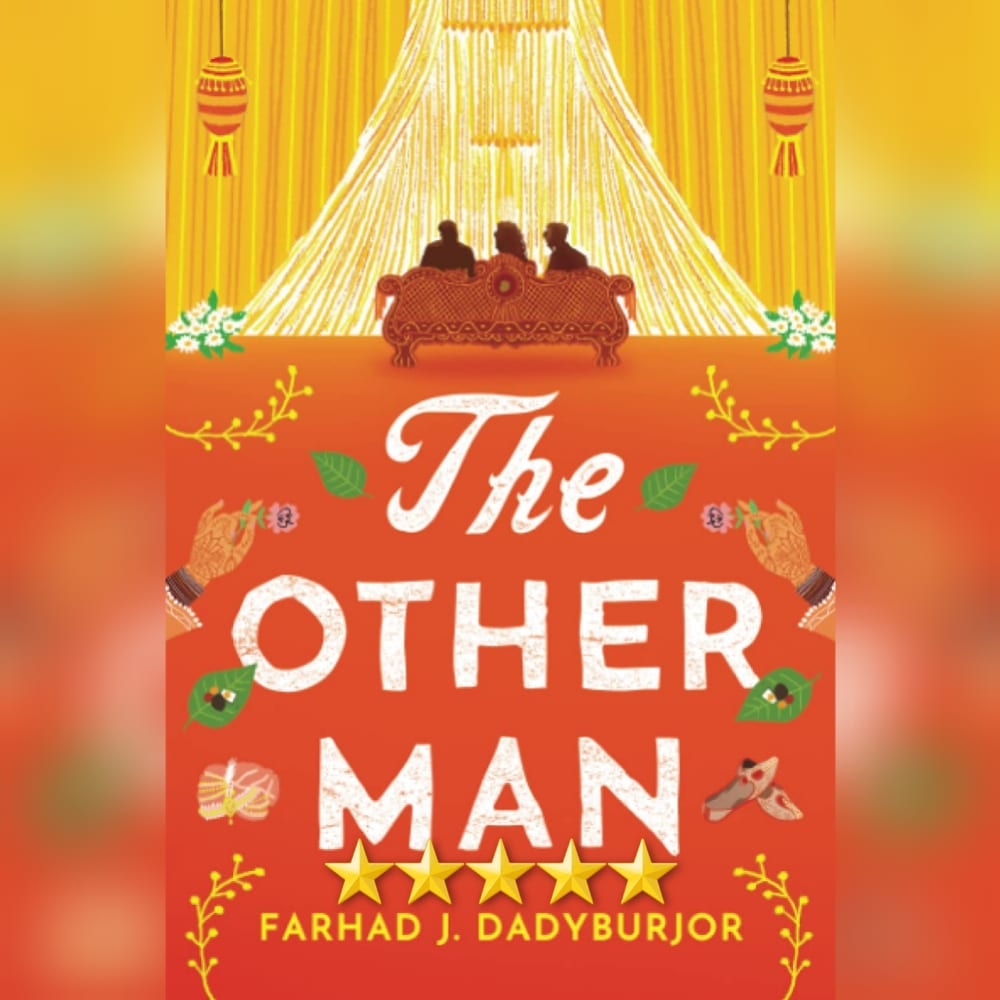Strong Travel/ Foodie / Found Family Drama Shoots Itself In The Foot. This is one of those books where everyone is flawed – and it tells a remarkable story *because* of this, not in spite of it. So if you’re a reader where at least one character has to be some level of perfect for you to enjoy the book…. I tell you here and now you’re not going to like this one. So save O’Neal yet another 2 star or lower review because you’ve been warned right here, right now that this isn’t your kind of tale.
For the rest of us flawed humans, this is actually a remarkable tale of picking yourself back up – and finding some fortuitous help along the way to help you do that. And yes, those people are going to be flawed too, and you may actually get a chance to help them even as they help you… hey! isn’t that how friendships and families are *supposed* to work? Have so many of us been so damaged by modern life that we’ve forgotten this? Or is it the idealized world of booklandia that is just too perfect? Regardless, O’Neal ignores the perfection of people in pursuit of the perfection of story, and she does a truly remarkable job here. One of her books, The Art Of Inheriting Secrets, was the first Advance Review Copy review I posted on my then brand new blog when I started it all the way back in July 2018, and it has been a true pleasure reading her most every year since. Of those I’ve read in that time, this is easily in the upper half in terms of depth of emotion evoked and pure joy of reading.
As a foodie and travel romp, this story also works quite well. While we don’t get the steaks or *ahem* Rocky Mountain oysters *ahem* of Colorado, once the story starts traveling beyond the US, we wind up in a few different countries and a few different cafes within each, and the food honestly sounds phenomenal. I hope O’Neal had recipes for these fictional dishes, because I absolutely want my wife to try to make some of them for me. No, I’m not joking about this at all. That is how lovely and visceral O’Neal makes these scenes. Also the traveling itself, at times making deliberate choices within the story to slow down and not just jet-set all over the place, to take the time and really embrace the place you’re in (or, more accurately, where we find the characters in that scene… warts and all.
But I did mention that for all the praise I’ve heaped on this book – deservedly – it shot itself in the foot too, right? Well, to discuss that part absolutely goes into spoiler territory, and since the various places I post these reviews don’t always have good spoiler tags, let’s play it this way, shall we?
And now… the spoilers. DO NOT READ BELOW HERE IF YOU DO NOT WANT SPOILERS. YOU HAVE BEEN WARNED.
Giving.
People.
Who.
Don’t.
Want.
To.
Be.
Spoiled.
Time.
To.
Leave.
Ok, at this point I’ve given everyone’s eyes a chance to leave before you read what I say next, so HERE COME THE SPOILERS.
The blatant mistake O’Neal makes is that she allows her utter disdain for one particular type of tool to come through the page of the text here as much as her love of food and travel does. She didn’t need to use a mass shooting to achieve the character dynamics she has here, *many* other things would have worked just as well or perhaps even better. Not even that ‘perhaps’, as using this particular vehicle and using it the particular way O’Neal does will actively turn people off across the political spectrum for a variety of reasons, and many particularly pro-gun people will likely want to defenestrate the book from the highest available window. (But don’t. Read the book anyway, because it *is* a particularly strong tale even with this – it could simply have been *so much more* without it.)
Also, she kills a dog. Come on. That is a *complete* throwaway that was 100% an unforced error, and *nobody* likes killing dogs – at least nobody that most of society wants anything to do with. Again, there were other ways to achieve the same results as far as characterizations. You didn’t have to kill the dog.
Yet neither of these are truly objective criticisms – there are many who don’t like guns and will share O’Neal’s disdain for them, who will thus praise her for using them the way she did, and like I mentioned, *some* absolute idiots don’t mind killing dogs. But is that *really* a crowd you want to *market into*???? Still, because they weren’t even approaching objective criticism, I couldn’t really allow myself to deduct one or even multiple stars for it – yet it *did* need to be mentioned in this review, if deep within a spoiler coded section.
And.
Now.
We.
Come.
Back.
Out.
Of.
The.
Spoilers.
Ultimately, this was a fun, if deep and emotional as well, book that did a lot of things right… and then shot itself in the foot. Maybe even both feet.
But you, oh reader of my review, give it a read yourself, then let us know your own thoughts wherever you are reading mine. I’d love to see what you think, even if it is just a few words. Reviews don’t need to be long – really only about as many words as the first sentence of this paragraph – and can truly just be “I did (not, if applicable) like this book because (insert a reason here).” You only need 24 words to be accepted everywhere I currently know of, and I just gave you 6 of them (or 7 if you didn’t like it). *Anyone* can come up with an additional 18 words. Particularly if you’ve just finished reading a near 400 page book. 🙂
Very much recommended.
This review of The Last Letter Of Rachel Ellsworth by Barbara O’Neal was originally written on August 2, 2025.





